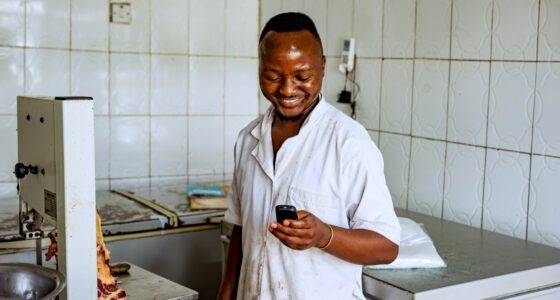Kenya’s government is suggesting that it should get at least 15% of the money earned from projects that reduce carbon emissions on land and a minimum of 25% from projects in the ocean. The idea is to make sure that the communities where these projects happen also benefit. According to the new rules proposed by the environment ministry, projects on land should give back at least 40% of the money they made in the previous year to the local communities.
But, what exactly is a carbon credit? It’s like a certificate that shows one ton of carbon dioxide has been removed from the air or prevented from getting there. Companies that produce gases causing climate change can buy these certificates to balance out their emissions.
Kenya wants to raise about $17 billion to carry out plans to cut its greenhouse gas emissions by almost a third by 2030 and protect itself from the effects of a warming planet. The government plans to get 21% of this money from within the country and the rest from international partners.
Some projects that are already happening in Kenya focus on preserving mangrove forests, tidal marshes, seagrass meadows, and grasslands. President William Ruto, who is considered a leading voice on climate issues in Africa, is advocating for more investments in green projects on the continent.
This idea of sharing earnings with the government and local communities is not unique to Kenya. Zimbabwe, for example, has announced that it will take 30% of the money from similar projects for the first 10 years, using an environmental tax. The developers can keep 70% of the money but are required to invest a quarter of their earnings in community projects.
It’s important to note that the carbon credits market, expected to be worth $1 trillion annually by 2030, has faced criticism. Some big projects focused on conserving forests were found to be exaggerating their positive impact.










